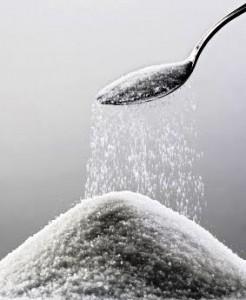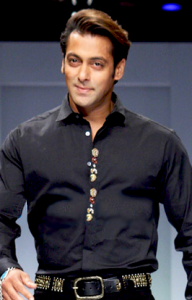Processed food and beverages the new tobacco?
I was at a session some weeks ago on sustainable development, listening to a panel of food industry executives talking about their contributions to society. While some products that the food industry has made available contribute to society, there is a dark side that was totally ignored.
Most of the processed food that is on the market is simply not healthy and lies at the heart of the obesity epidemic and its consequences in terms of Type II diabetes, heart disease, and the like. What is shocking though is how they are sold as healthy. I was surprised to learn the other day that Coca Cola was promoting a beverage as a pomegranate-blueberry juice although it contained only 0.5% juice! POM Wonderful the pomegranate industry association, which sells a pomegranate-blueberry juice containing 85% pomegranate juice and 15% blueberry juice, has received a favorable ruling from the US Supreme Court which said that the Coca Cola company sought to “mislead and trick consumers“.
Worse still, to make packaged food appear healthy, we are offered foods that are reduced fat for instance. While these foods are lower in fat, what is not to the consumer, and wasn’t to me until an industry executive mentioned this to me, is that many low fat foods contain significantly higher amounts of other unhealthy ingredients, e.g., sugar in low fat yogurt. After all, foods would not sell if their tastes did not suitably titillate our taste buds.
Given the obesity epidemic is of significant consequence for society, it is important that the food industry makes an effort to offer genuinely more healthy foods to consumers or at least cease signalling foods as healthy when they are not.
Generally, less processed foods are healthier than processed foods. However, more processed a food, the better the profit margins for the producer. Given the profit motive that lies at the heart of today’s business, is it possible that food companies can make hard choices that balance the needs of society with those of shareholders?
Yes, there are calls for social responsibility and it is quite the right thing to talk about it if you are the CEO, but given the need for shareholder return, can the industry actually change on its own? I believe not.
An example from the clothing industry pops in to my mind. Some years ago I wrote about MAS Holdings, a Sri Lankan garment maker for the likes of Victoria’s Secrets, Nike, Adidas, Gap, Marks and Spencer, and others. What was special about this company was their emphasis on empowering their primarily (90%) female workforce.
I remember a conversation from that time, where a senior executive lamented that notwithstanding all the resources they poured in to being the model of a socially responsible company, a fact that was mentioned by the CEOs of their buyers (e.g., Victoria’s Secrets and Gap), as they made the case of how they bought responsibly, when the purchase managers came to negotiate contracts, they were unable to monetize these investments to gain even a penny per garment. This is notwithstanding the fact that the branded buyers would mark up the garments and sell them for high double digit margins.
So, the old axiom, talk is cheap, continues to apply. The only way we are likely to see more socially responsible behavior at the cost to creating more shareholder value is if the government steps in. Indeed, it is the responsibility of governments to protect their citizens, and consumers need protection as the obesity epidemic suggests. I believe that oversight and regulation to help consumers make better food choices is urgently necessary. A recent headline screamed out “Sugar is the new tobacco”, perhaps it should have read “Processed food and beverages are the new tobacco” and thus warrants being regulated.




